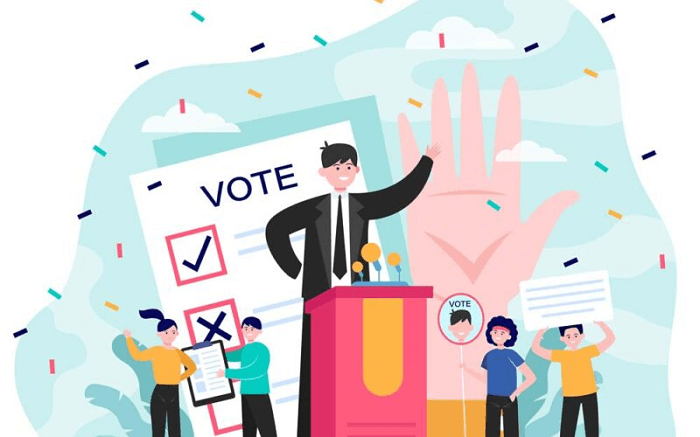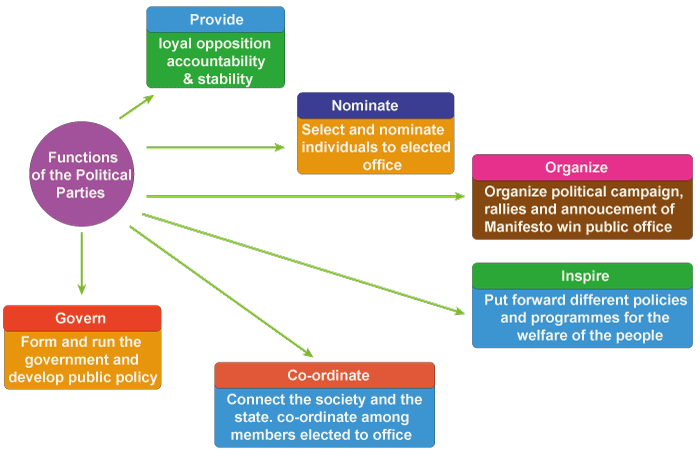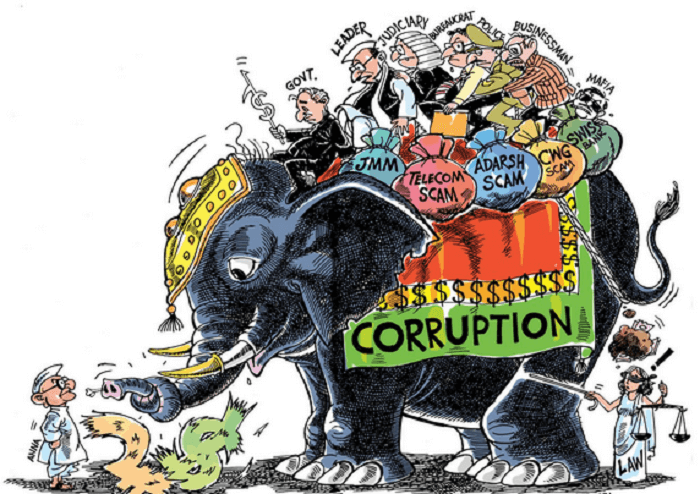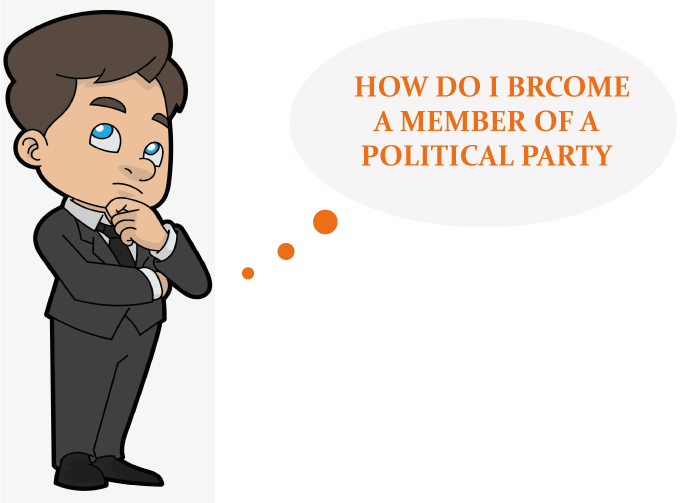Political Party Definition
A political party is a group of people who come together to contest elections and hold power in the government. Political parties are central to the functioning of democratic systems as they provide voters with a choice of candidates and help to articulate and organize different views on public policy issues. In this article, we will explore the definition of political parties, their types, and their functions in democratic systems.

Definition of Political Party
A political party is a group of people who share common political goals and beliefs, and who organize themselves to compete for political power. Parties offer voters a range of policy options, based on their beliefs and ideologies, and they work to promote these policies by contesting elections and seeking to influence government policy.

Political parties can be thought of as a type of political organization, similar to interest groups or advocacy organizations, but with a focus on electoral politics. While other political organizations may engage in lobbying or advocacy efforts to influence government policy, parties are primarily concerned with winning elections and holding power in government.
Types of Political Parties
Political parties can be classified in a number of different ways, depending on their ideology, organizational structure, or geographic location. Here are a few common types of political parties:
- Ideological Parties: Ideological parties are based on a specific political ideology, such as liberalism, conservatism, socialism, or libertarianism. These parties are typically focused on promoting a particular set of values or beliefs, and they may have a relatively narrow base of support among voters.
- Mass Parties: Mass parties are characterized by a broad base of support among voters, and they often have a well-developed organizational structure that extends beyond electoral politics. Mass parties may engage in a range of activities, such as community organizing, social welfare programs, or educational initiatives, in addition to contesting elections.
- Catch-All Parties: Catch-all parties are characterized by a broad policy platform that seeks to appeal to a wide range of voters. These parties may not have a well-defined ideological orientation, and they may be more focused on winning elections than promoting a particular set of values or beliefs.
- Single-Issue Parties: Single-issue parties are focused on a specific policy issue, such as environmentalism, animal rights, or gun control. These parties may have a narrow base of support, but they may be able to mobilize voters who are passionate about a particular issue.
- Regional or Ethnic Parties: Regional or ethnic parties are based on a shared geographic or cultural identity, and they may have a narrow base of support within a particular region or community. These parties may be focused on promoting the interests of a particular group or advocating for greater autonomy or independence.
Functions of Political Parties
Political parties perform a number of important functions in democratic systems, including:
- Providing a Choice of Candidates: Political parties offer voters a choice of candidates and policy options, which helps to promote competition and accountability in electoral politics. Without political parties, elections would be more chaotic and disorganized, and voters would have a harder time understanding the policy positions of individual candidates.
- Mobilizing Voters: Political parties are often responsible for mobilizing voters and getting them to the polls on election day. Parties may engage in a range of activities, such as door-to-door canvassing, phone banking, or online outreach, to mobilize their supporters and persuade undecided voters.
- Articulating Policy Positions: Political parties play an important role in articulating and promoting different policy positions on a range of public policy issues. Parties may develop policy platforms, conduct research, or engage in public debate to help shape the public discourse on key policy issues.
- Organizing Government: Political parties are responsible for organizing government and holding elected officials accountable. Parties may form governments or oppositions.
- Forming Governments: Political parties are essential to the formation of government in democratic systems. After an election, parties that win a majority of seats in the legislature or parliament will typically form a government and appoint officials to key positions in the executive branch.
- Holding Governments Accountable: Political parties play an important role in holding governments accountable for their actions. Parties that are not in government can act as watchdogs, scrutinizing government policies and holding elected officials accountable for their decisions.
- Building Coalitions: In some cases, no single political party will win a majority of seats in the legislature or parliament. In these situations, parties must work together to form a coalition government. Building a coalition requires parties to negotiate and compromise on key policy issues, which can be challenging but is essential to the functioning of democratic systems.
- Fostering Political Participation: Political parties can help to foster political participation by engaging citizens in the political process. Parties may hold rallies, organize protests, or encourage citizens to contact their elected officials to express their views on key policy issues.
- Promoting Political Stability: Political parties are essential to promoting political stability in democratic systems. Parties provide a framework for competition and debate, which can help to prevent violence and conflict.
- Encouraging Diversity: Political parties can encourage diversity and representation in government by recruiting candidates from a wide range of backgrounds and communities. Parties that are committed to diversity may be able to build broader coalitions and appeal to a wider range of voters.

Challenges Faced by Political Parties
Despite their important role in democratic systems, political parties face a number of challenges that can make it difficult for them to function effectively. Some of these challenges include:
- Polarization: Political parties can become polarized when they are defined by a narrow set of ideological or policy positions. Polarization can make it difficult for parties to build broad coalitions and may lead to political gridlock.
- Corruption: Political parties can become corrupt when they prioritize their own interests over the public interest. Corruption can erode public trust in political institutions and lead to a breakdown in democratic governance.

- Voter Apathy: In some cases, voter apathy can make it difficult for political parties to mobilize support and win elections. When citizens feel disconnected from the political process, they may be less likely to vote or participate in other forms of political activity.
- Lack of Resources: Political parties that lack resources, such as funding or access to media, may struggle to compete with better-funded parties or interest groups.
How to Become a Member of Political Party?
Becoming a member of a political party typically involves a few key steps:

- Determine which political party you want to join: Before you can become a member of a political party, you need to decide which party aligns with your political beliefs and values. Research the different political parties in your area, and consider attending political events or meetings to learn more about the parties and their platforms.
- Check the eligibility requirements: Each political party will have its own eligibility requirements for membership. In some cases, you may need to be a certain age or a citizen of the country in which the party operates. You may also need to meet other requirements, such as having a clean criminal record.
- Fill out an application: Once you have determined which party you want to join and have confirmed that you meet the eligibility requirements, you will need to fill out an application form. This form may be available online or may need to be submitted in person at a local party office.
- Pay any required fees: Some political parties may require members to pay an annual fee to support the party's activities and operations. Make sure to check if there are any fees associated with becoming a member and be prepared to pay them if necessary.
- Attend meetings and get involved: Once you have become a member of a political party, it's important to get involved in the party's activities and events. Attend party meetings, volunteer to help with campaigns, and participate in discussions about policy and strategy. Being an active member of a political party can give you a voice in shaping the party's direction and can help you build connections with other politically engaged individuals.
It's worth noting that the process of becoming a member of a political party may vary depending on the country and political system in which the party operates. Some countries have open primaries, which allow any eligible voter to participate in the party's selection of candidates for public office. Other countries may require a more formal application process, as described above. It's important to research the specific requirements for joining a political party in your area to ensure that you are following the correct procedures.
Conclusion
Political parties are central to the functioning of democratic systems, as they provide voters with a choice of candidates and help to organize and articulate different views on public policy issues. Political parties perform a range of important functions, including providing a choice of candidates, mobilizing voters, articulating policy positions, organizing government, and holding governments accountable.
However, political parties also face a number of challenges, such as polarization, corruption, voter apathy, and lack of resources, which can make it difficult for them to function effectively. Despite these challenges, political parties remain an essential component of democratic governance, and efforts to strengthen and reform political parties can help to promote a more vibrant and responsive democracy.
|





 For Videos Join Our Youtube Channel: Join Now
For Videos Join Our Youtube Channel: Join Now









